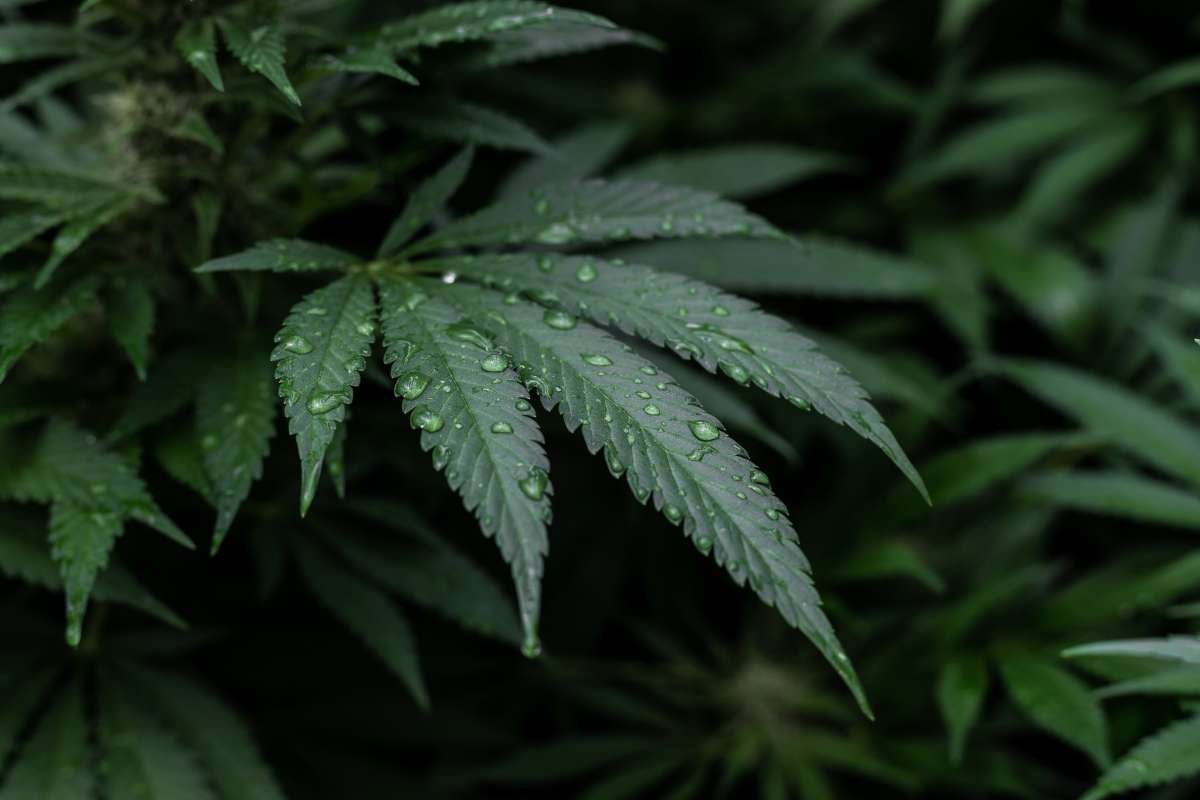New research has found that cannabidiol (CBD) can significantly boost endurance and muscle performance in mice by altering gut microbiota and improving mitochondrial function. The study, published in Experimental & Molecular Medicine, explores how CBD treatment affects exercise capacity and muscle adaptation through changes in the gut microbiome.
Understanding Cannabidiol and Its Role in Exercise Performance
Cannabis sativa produces over a hundred phytocannabinoids, including CBD and tetrahydrocannabinol (THC). While THC is known for its psychoactive effects, CBD is non-psychoactive and has been associated with various health benefits, including anti-inflammatory, antiepileptic, and neuroprotective properties. Currently, Epidiolex is the only CBD-based drug approved by the US Food and Drug Administration (FDA) for treating seizures in patients with genetic epilepsy.
CBD has been shown to influence skeletal muscle function by affecting gene transcription and protecting against oxidative stress. It enhances muscle regeneration and strength after resistance training, especially in mice and rats consuming a high-fat diet. However, its impact on human muscle performance remains under investigation.
Skeletal muscle performance is a key factor in endurance and exercise capacity. Muscles are composed of different fiber types—slow-twitch (type I) and fast-twitch (type II)—which determine contraction speed and endurance. Endurance training typically triggers mitochondrial biogenesis to meet increased metabolic demands, with key molecules like AMPK, PGC-1α, and CREB playing crucial roles in coordinating cellular processes within muscles.
Investigating CBD’s Impact on Exercise Performance
Researchers conducted a study to examine whether cannabidiol improves endurance by modifying gut microbial composition in mice. The study involved 20-week-old male mice housed under controlled conditions with free access to food and water. After an acclimatization period, body fat and lean mass measurements were recorded.
The first group of mice received oral CBD treatment at a dose of 30 mg/kg daily for four weeks, while another group received a control solution. A second group was given antibiotic treatment with or without CBD to evaluate the role of gut bacteria. A third group received specific bacterial strains—Faecalibaculum rodentium or Bifidobacterium animalis—daily for four weeks to determine their influence on endurance.
Key Findings on CBD and Endurance
CBD treatment led to a significant increase in running distance and extended the time before exhaustion in mice without affecting body weight. Mice treated with CBD displayed stronger muscle contractions and improved resistance to fatigue. The hind limb muscles in these mice appeared redder, indicating enhanced oxidation of muscle fibers.
Immunofluorescent staining showed that CBD increased oxidative muscle fibers (MyHC-I and MyHC-IIa) while reducing glycolytic fibers (MyHC-IIb) in the gastrocnemius muscle. Additionally, gene expression analysis revealed higher levels of Myh7 and Myh2, which are associated with oxidative fibers, and lower levels of Myh4 and Myh1, linked to glycolytic fibers. Indirect calorimetry analysis showed a shift from glucose to fatty acid oxidation, indicating improved metabolic efficiency.
CBD’s Effect on Mitochondrial Function
Mitochondrial analysis showed that CBD treatment increased the presence of fused intermyofibrillar mitochondria, a key factor in muscle endurance. A significant rise in mitochondrial DNA content suggested that CBD enhances muscle oxidative phosphorylation capacity through mitochondrial biogenesis. The activation of AMPK and PKA, along with increased CREB phosphorylation and PGC-1α levels, further supported this improvement in mitochondrial function.
Changes in Gut Microbiota
Cannabidiol treatment altered gut microbiota composition by increasing the abundance of beneficial bacterial species. The proportion of Allobaculum and Faecalibaculum from the Erysipelotrichaceae family, as well as Bifidobacterium from the Bifidobacteriaceae family, increased significantly. These bacterial species were positively correlated with improved muscle endurance following CBD treatment.
In particular, CBD significantly increased the presence of Bifidobacterium animalis (KBP-1), a bacterial strain known to enhance endurance by modifying muscle fiber composition and metabolic substrate utilization. KBP-1 also plays a role in amino acid biosynthesis and lactic acid metabolism, further contributing to improved exercise performance.
Conclusion
The study suggests that CBD enhances endurance and muscle performance by reshaping gut microbiota and promoting mitochondrial function. The increased production of beneficial bacteria like KBP-1 supports endurance by altering muscle fiber types and optimizing energy metabolism. These findings provide new insights into how CBD could potentially be used to improve exercise performance, though further research is needed to determine its effects on humans.







